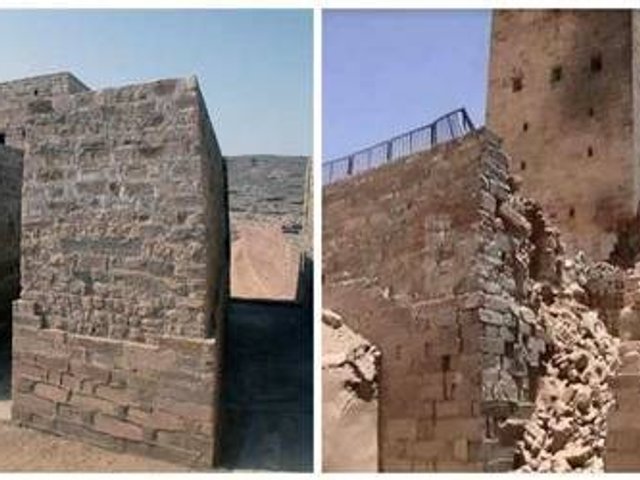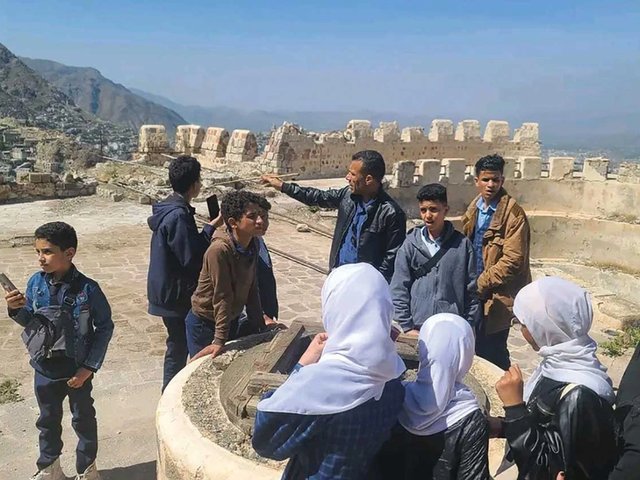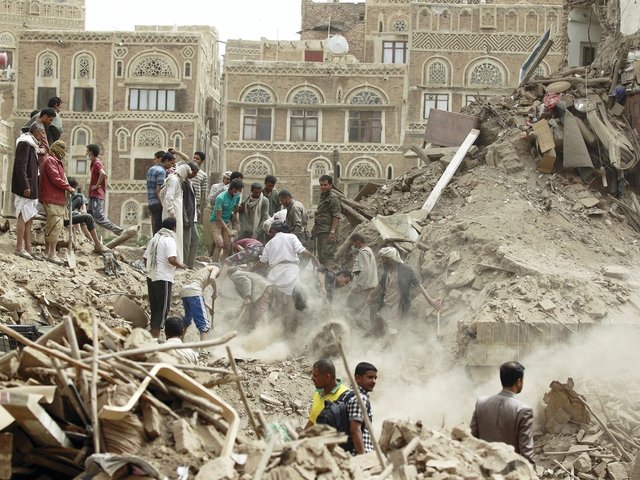The ninth-century mosque of the Prophet Shuaibi in the Bani Matar area of Sana’a, the capital city of Yemen, was destroyed by an air strike on 25 August. The country’s General Organization of Antiquities and Museums and the General Organization for the Preservation of Historic Cities confirmed the destruction. The war in Yemen, led by Saudi coalition forces, has killed a "minimum" of 10,000 civilians, according to the UN, and damaged dozens of historical sites in over the past 18 months, Unesco says.
Irina Bokova, the director-general of Unesco, has strongly denounced this recent strike on the mosque of the Prophet Shuaibi. “I am deeply concerned about the continuing destruction of Yemen’s unique cultural heritage,” she said in a statement issued on 3 September. “This is a direct attack against the country’s historical sites, and on the people’s history and identity, that will affect the society over the very long term. This senseless violence must stop immediately.”
The mosque, located on the Arabian Peninsula’s highest mountain, the Shu-aib Mountain, was known for the wooden carvings on its ceiling, according to the Unesco statement, and was a holy place for pilgrims to the nearby tomb of the Prophet Shu-aib’.
The Old City of Sana’a, built in a mountain valley, was added to Unesco’s List of World Heritage in Danger in 2015. Its oldest traces of human history date back to the tenth century BC, and the city became an important crossroads of Islam in the seventh and eighth centuries AD. Unesco recently counted 106 mosques, 12 hammams and 6,500 houses built before the 11th century. Forty-seven sites were destroyed in January 2016 in the war. Since March 2015, a coalition led by Saudia Arabia has been bombing the country in its fight against Houthi Shiite militias, which are backed by Iran and by the former President Ali Abdullah Saleh.
“I reiterate in the strongest terms my appeal to all the parties in this conflict to abide by international humanitarian law and respect cultural and religious sites, which represent the soul and identity of the Yemeni population and a vital resource for resilience and hope,” Bokova said her statement.




